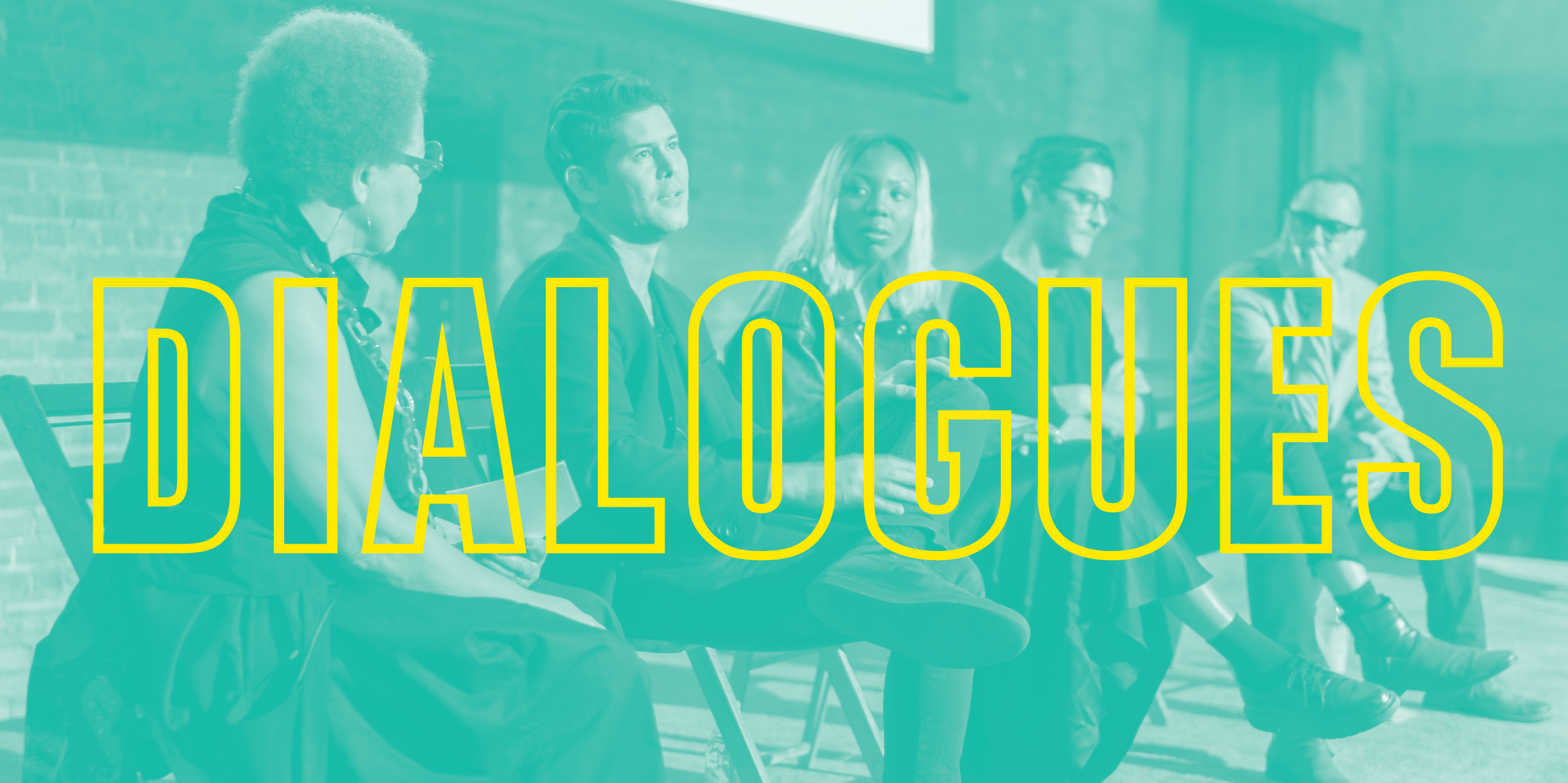

Throughout history, artists and writers have applied different alloys of authenticity and artifice to their subject matter in order to illuminate fundamental truths about the world. In a time of autofiction, reality television, fake news, and virtual reality, the lines between the real and the unreal are more volatile than ever. The participants in this discussion clarify and complicate the border between art and reality.
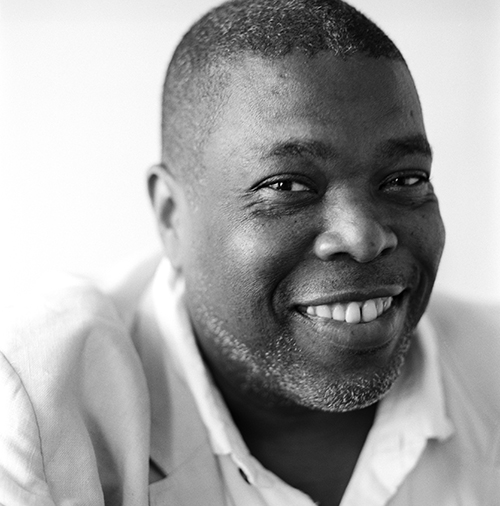
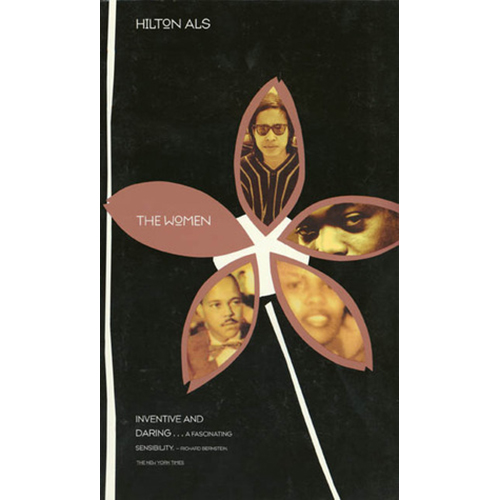
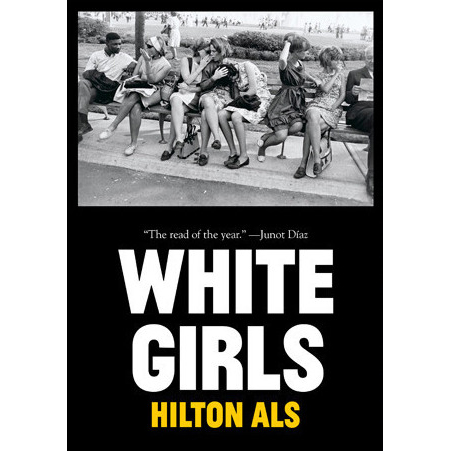
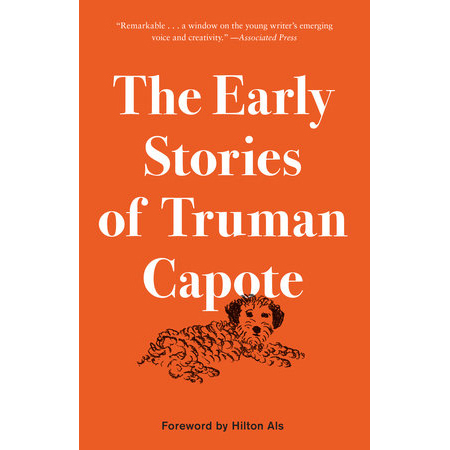
Hilton Als is one of the most important critics working today. He began contributing to The New Yorker in 1989, writing pieces for "The Talk of the Town." He became a staff writer in 1994, theatre critic in 2002, and lead theater critic in 2012. Week after week, he brings to the magazine a rigorous, sharp, and lyrical perspective on acting, playwriting, and directing. His reviews are not simply reviews; they are provocative contributions to the discourse on theatre, race, class, sexuality, and identity in America.
Before coming to The New Yorker, Als was a staff writer for the Village Voice and an editor-at-large at Vibe. Als edited the catalogue for the 1994-95 Whitney Museum of American Art exhibition "Black Male: Representations of Masculinity in Contemporary American Art." His first book, The Women, was published in 1996. His most recent book, White Girls, a finalist for the National Book Critics Circle Award in 2014 and winner of the 2014 Lambda Literary Award for Non-fiction, discusses various narratives of race and gender.
In 1997, the New York Association of Black Journalists awarded Als first prize in both Magazine Critique/Review and Magazine Arts and Entertainment. He was awarded a Guggenheim for creative writing in 2000 and the George Jean Nathan Award for Dramatic Criticism for 2002-03. In 2016, he received Lambda Literary's Trustee Award for Excellence in Literature. And in 2017 Als won the Pulitzer Prize for Criticism.
Als is an associate professor of writing at Columbia University's School of the Arts and has taught at Yale University, Wesleyan, and Smith College. He lives in New York City.
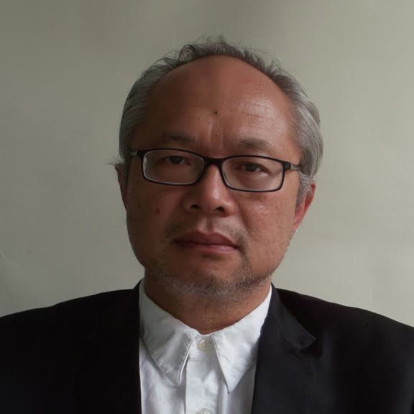
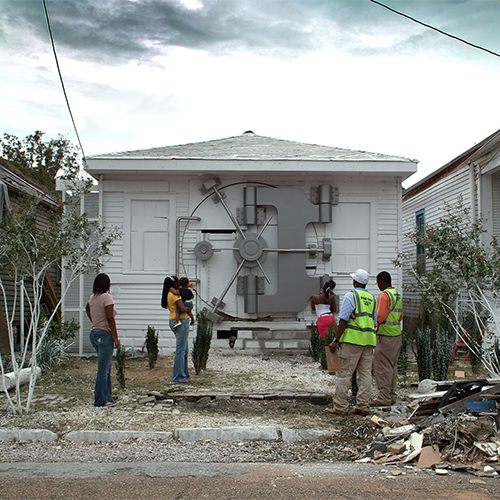

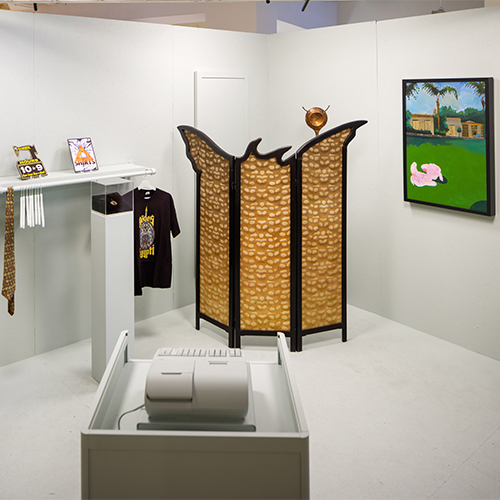
Mel Chin brings art to new forefronts of public space, from recycling plants to primetime television. Originally from Houston, he is known for the broad range of approaches in his art, including works that require multidisciplinary, collaborative teamwork and works that conjoin cross-cultural aesthetics with complex ideas. In 1989, he developed "Revival Field," a project that was a pioneer in the field of "green remediation," the use of plants to remove toxic, heavy metals from the soil. From 1995 to 1998 Chin formed a collective that produced "In the Name of the Place," a conceptual public art project conducted on the popular prime-time TV series, Melrose Place. In "KNOWMAD," Chin worked with software engineers to create a video game based on rug patterns of nomadic people facing cultural disappearance, and his hand-drawn, 24-minute film 9-11/9-11 won the prestigious Pedro Sienna Award—the "Oscar" of Chile—for best animation in 2007.
A current project, Fundred Dollar Bill/Operation Paydirt, focuses on national awareness and prevention of childhood lead-poisoning through art-making. Mel is also well known for his iconic sculptures and installations, works that address the importance of memory and collective identity, and for inserting art into unlikely places, including destroyed homes and toxic landfills, and most recently working with advanced augmented reality (AR) technology, investigating how art can provoke greater social awareness and responsibility.
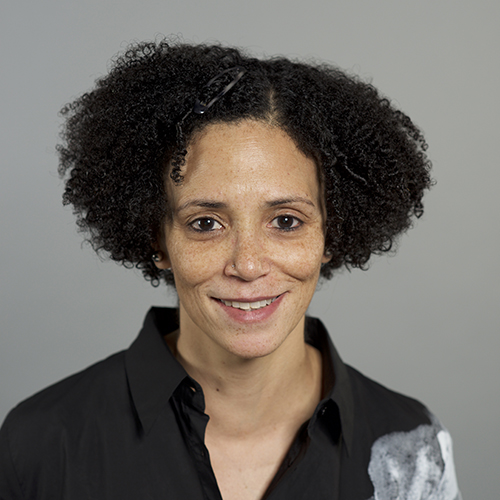
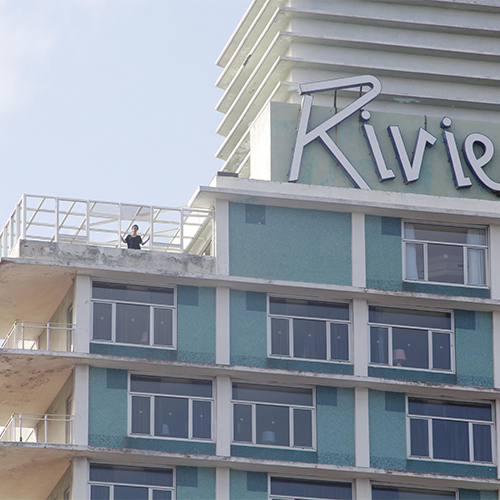
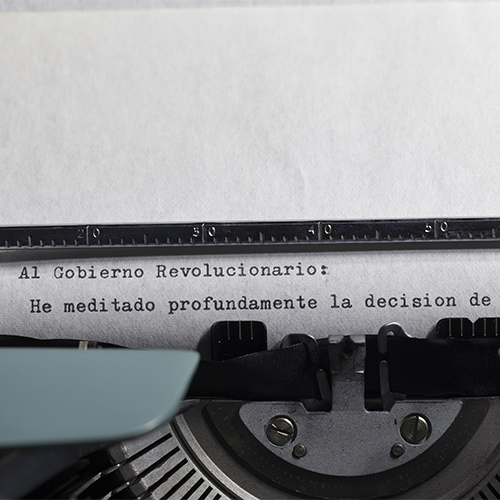
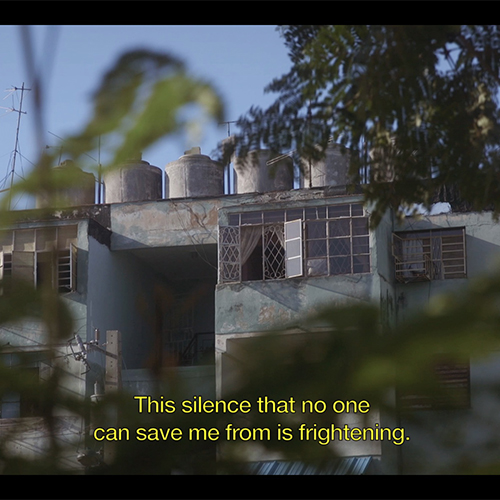
Coco Fusco is a pioneering artist and writer whose work addresses censorship, violence , and the Cuban-American experience. Currently the Andrew Banks Endowed Professor of Art at the University of Florida, she is a recipient of a 2014 Cintas Fellowship, a 2013 Guggenheim Fellowship, a 2013 Absolut Art Writing Award, a 2013 Fulbright Fellowship, a 2012 US Artists Fellowship, and a 2003 Herb Alpert Award in the Arts. Fusco's performances and videos have been presented in the 56th Venice Biennale, two Whitney Biennials (2008 and 1993), BAM's Next Wave Festival, the Sydney Biennale, The Johannesburg Biennial, The Kwangju Biennale, The Shanghai Biennale, InSite O5, Mercosul, Transmediale, The London International Theatre Festival, VideoBrasil, and Performa05. Her works have also been shown at the Tate Liverpool, The Museum of Modern Art, The Walker Art Center, and the Museum of Contemporary Art in Barcelona. She is represented by Alexander Gray Associates in New York.
Fusco is the author of English is Broken Here: Notes on Cultural Fusion in the Americas (1995), The Bodies that Were Not Ours and Other Writings (2001), and A Field Guide for Female Interrogators (2008). She is also the editor of Corpus Delecti: Performance Art of the Americas (1999) and Only Skin Deep: Changing Visions of the American Self (2003). Her new book, entitled Dangerous Moves: Performance and Politics in Cuba, was recently issued by Tate Publications in London.
Fusco received her B.A. in Semiotics from Brown University (1982), her M.A. in Modern Thought and Literature from Stanford University (1985), and her Ph.D. in Art and Visual Culture from Middlesex University (2007).
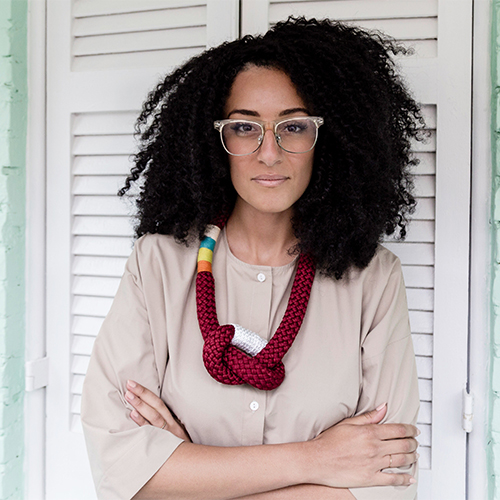
Deana Haggag is the President & CEO of United States Artists, a Chicago-based arts funding organization that provides $50,000 unrestricted grants to artists across the country. Before joining USA in February 2017, she was the Executive Director of The Contemporary, a nomadic and non-collecting art museum in Baltimore, MD, for four years. In addition to her leadership roles, Deana lectures extensively, consults on various art initiatives, contributes to cultural publications, and has taught at institutions such as Towson University and Johns Hopkins University. She is on the Advisory Board of Recess and Council of Common Field, and has served as a member of the Affiliates Board for the Museums and Society Program at Johns Hopkins University and StageOne/FANS council at the Baltimore School for the Arts. She received her MFA in Curatorial Practice from the Maryland Institute College of Art and a BA from Rutgers University in Art History and Philosophy.